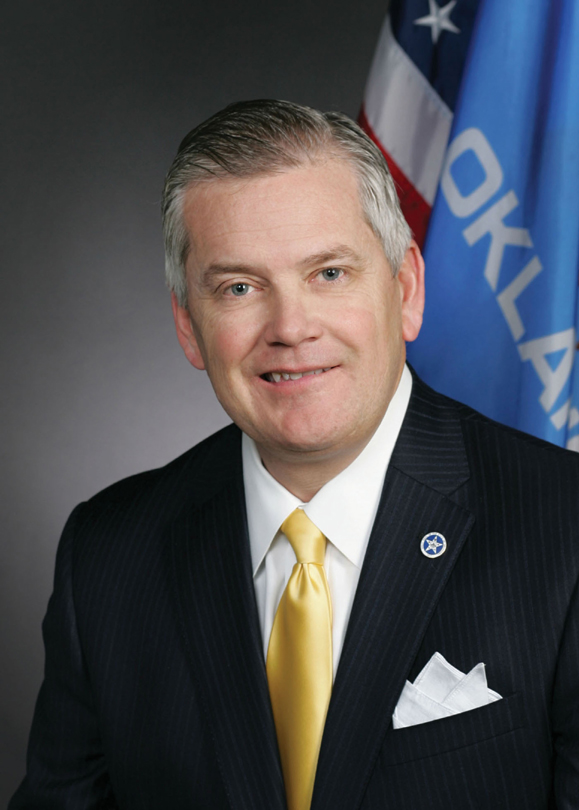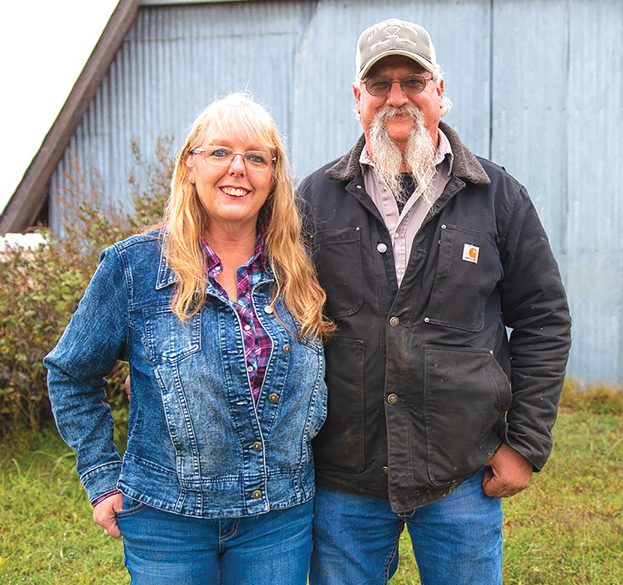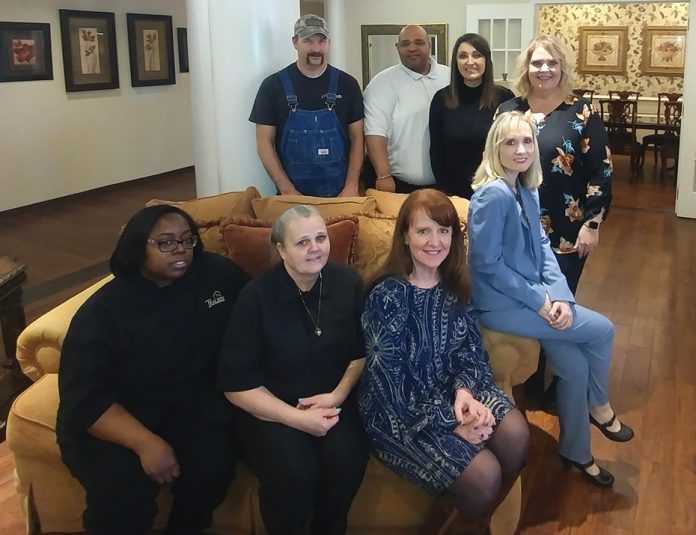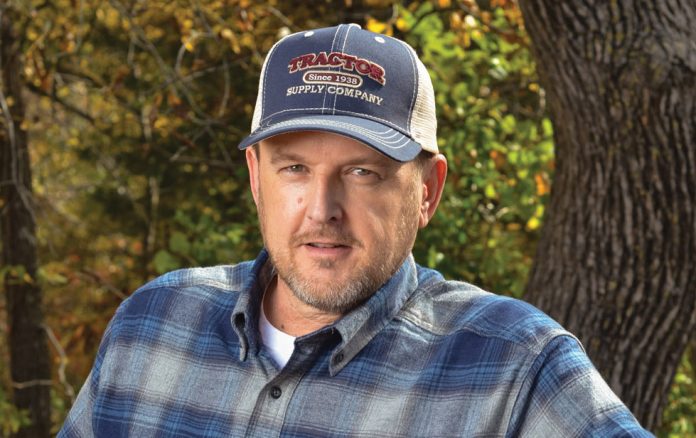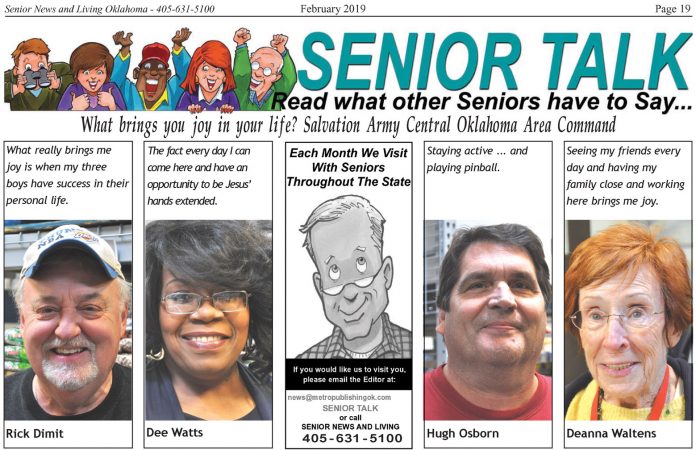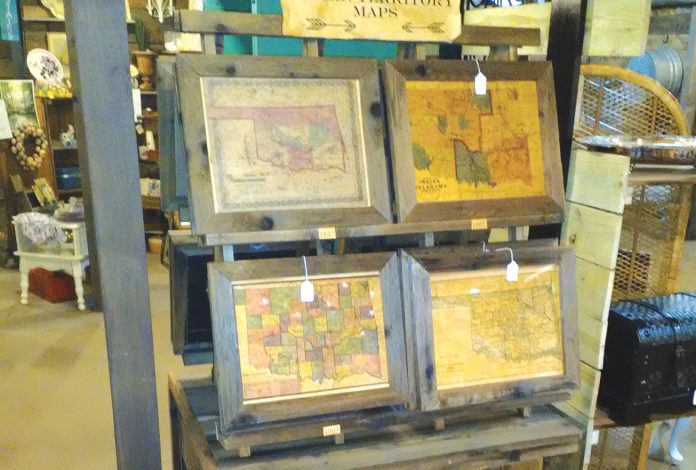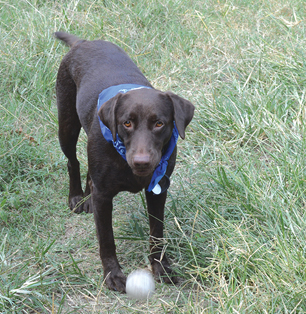Dear Savvy Senior,
Can you provide some tips on how to choose a good estate sale company who can sell all the leftover items in my mother’s house? Inquiring Daughter
Dear Inquiring,
The estate sale business has become a huge industry over the past decade. There are roughly 22,000 estate sale companies that currently operate in the U.S., up nearly 60 percent from just 10 years ago. But not all estate sale companies are alike.
Unlike appraisal, auction and real estate companies, estate sale operators are largely unregulated, with no licensing or standard educational requirements. That leaves the door open for inexperienced, unethical or even illegal operators. Therefore, it’s up to you to decipher a good reputable company from a bad one. Here are some tips to help you choose.
Make a list: Start by asking friends, your real estate agent or attorney for recommendations. You can also search online. Websites like EstateSales.net and EstateSales.org let you find estate sale companies in your area.
Check their reviews: After you find a few companies, check them out on the Better Business Bureau (BBB.org), Angie’s List (AngiesList.com), Yelp (Yelp.com) and other online review sites to eliminate ones with legitimately negative reviews.
Call some companies: Once you identify some estate sale companies, select a few to interview over the phone. Ask them how long they’ve been in business and how many estate sales they conduct each month. Also find out about their staff, the services they provide, if they are insured and bonded and if they charge a flat fee or commission. The national average commission for an estate sale is around 35 percent, but commissions vary by city and region.
You may also want to ask them about visiting their next sale to get a better feel for how they operate. And be sure to get a list of references of their past clients and call them.
Schedule appointments: Set up two or three face-to-face interviews with the companies you felt provided you with satisfactory answers during the phone interviews.
During their visit, show the estate liquidator through the property. Point out any items that will not be included in the sale, and if you have any items where price is a concern, discuss it with them at that time. Many estate companies will give you a quote, after a quick walk through the home.
You also need to ask about their pricing (how do they research prices and is every item priced), how they track what items sell for, what credit cards do they accept, and how and where will they promote and market your sale. EstateSales.net is a leading site used to advertise sales, so check advertising approaches there.
Additionally, ask how many days will it take them to set up for the sale, how long will the sale last, and will they take care of getting any necessary permits to have the sale.
You also need to find out how and when you will be paid, and what types of services they provide when the sale is over. Will they clean up the house and dispose of the unsold items, and is there’s an extra charge for that? Also, make sure you get a copy of their contract and review it carefully before you sign it.
For more information on choosing an estate sale company, see National Estate Sales Association online guide at NESA-USA.com, and click on “Consumer Education” then on “Find the Right Company.”
Send your senior questions to: Savvy Senior, P.O. Box 5443, Norman, OK 73070, or visit SavvySenior.org. Jim Miller is a contributor to the NBC Today show and author of “The Savvy Senior” book.






